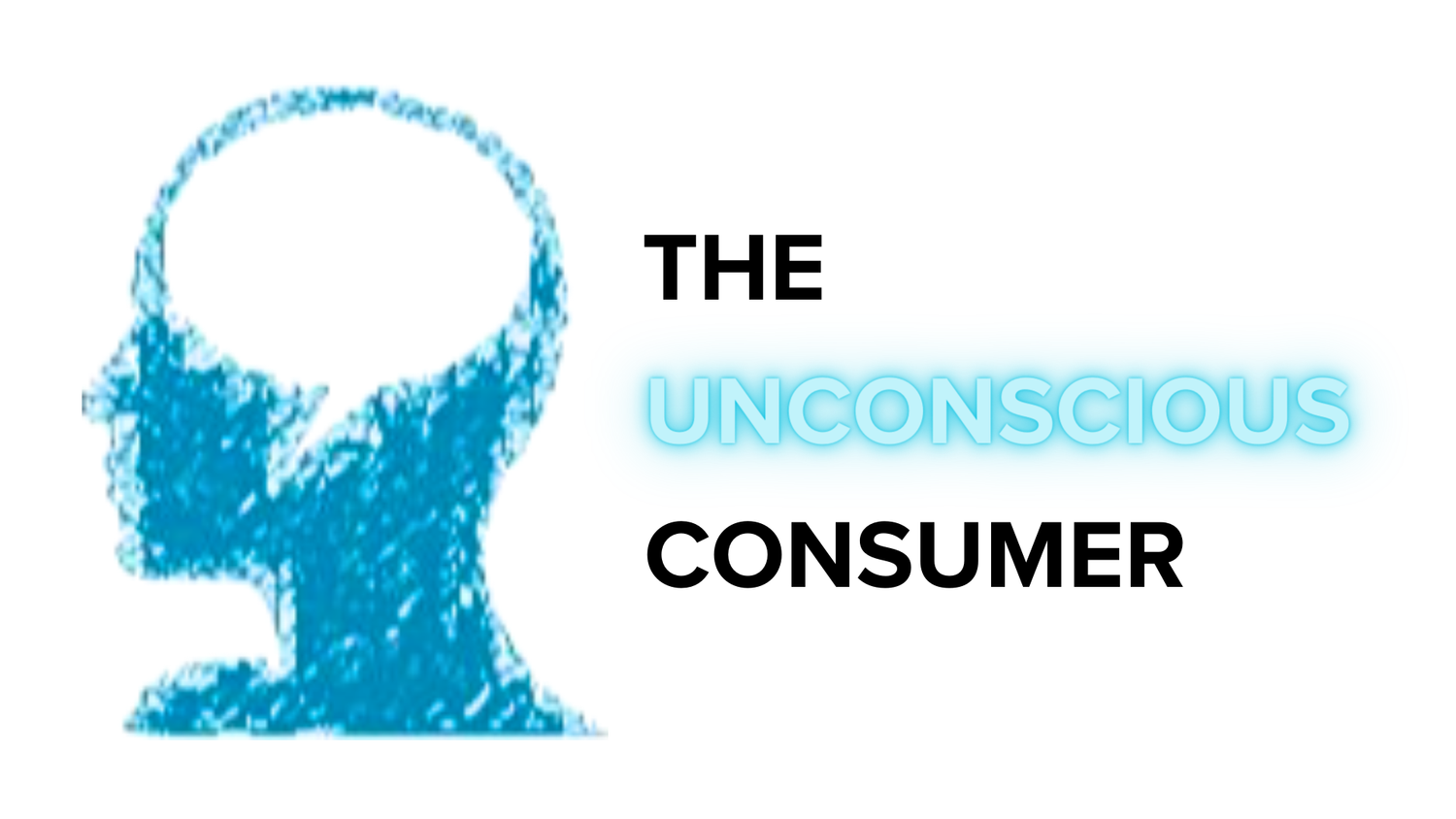From Page to Practice: The Power and Pitfalls of Applying Nudge Theory for Climate Action
Explore the challenges and promise of Nudge Theory in climate action with our latest article, 'From Page to Practice: The Power and Pitfalls of Applying Nudge Theory for Climate Action.' We delve into how the simplification of choice architecture and neglect of larger systemic influences can impact the effectiveness of nudges. However, by acknowledging these criticisms and strategically directing nudges at the systemic level, we can potentially drive large-scale transformations in our fight against climate change.
Read More